Budgeting is a prudent way of getting a clear and actionable plan to spend your money. Budgeting tools have even made things easier if you find the right application. The good thing about most budgeting tools is that they come as templates where you only fill in the necessary details.
Different budgeting tools provide different ways of tracking your spending. You should try to choose a budgeting tool that fits your spending habits.
How to Use a Budgeting Tool to Avoid Overspending
1. Determine Your Monthly Income
The first step is to calculate your monthly income. It is important to know your net income and input the correct amount in a budgeting tool. Your net income is gross income minus taxes and all other statutory deductions. Having a clear understanding of your monthly income or cash inflow generally puts you on the right financial path.
2. List All Your Monthly Expenses
The next step is to consider your expenses or cash outflow. Common monthly expenses include things such as mortgage payments, rent, food, loan payments, utility bills, household goods, insurance, groceries, medical expenses, and transportation among others. You should also include savings as part of expenses.
By listing all your monthly expenses, a budget app will help you determine where most of your money is going. You will then be able to allocate money on a priority basis and avoid overspending. Some budgeting tools contain features that can alert you in case you are exceeding your normal monthly expenses.
3. Determine the Average Monthly Expense for Each Item
After listing all your expenses on the budgeting app, the next thing is to know the average cost of each expense. This is very simple because most budgeting applications can automatically generate the average. Understanding the average cost of each expense can easily help you know if you are overspending or not.
4. Adjust Your Budget Based on What You Learn from Your Budget
A budgeting tool can reveal a lot about your spending habits if you feed in the correct details. You should adjust based on the information revealed by a budgeting tool. For example, if you realize that you are overspending on rent or entertainment, then you need to come up with appropriate measures to correct the situation.
In a nutshell, simple budgeting tools can help you avoid overspending in many ways. The most important thing is to find a budgeting tool that is effective and simple to use.




